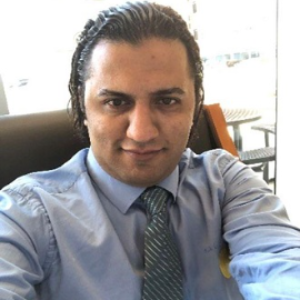Title : Academic detailing for opioid prescribing Using educational outreach to reduce opioid prescribing rates
Abstract:
Purpose: The opioid epidemic remains a significant public health problem in the U.S. Overdoses (OD) involving opioids killed nearly 47,000 people in 2018. Arkansas (AR) is the 2nd highest opioid prescribing state. AR’s rate in 2017 was 106.1 prescriptions per 100 persons, 93.5 in 2018, nearly double the U.S. average of 51.5. In 2019, AR’s rate improved to 80.9, yet 40 of 75 counties continues to prescribe at a rate greater than the national average. This ongoing research uses educational interventions through Academic detailing (AD) outreach that has been developed by University of Arkansas for Medical Sciences’ (UAMS) and provided to rural primary care providers (PCP) in AR counties with the highest opioid-prescribing rates and opioid - OD deaths. Our overarching goal of the program was to provide 1:1 in-person, evidence-based education to increase PCP’s knowledge of alternative and multi-disciplinary pain care and treatment while reducing opioid prescribing when possible. Methods: We provided AD education to 103 PCPs from June 21, 2019 to November 26, 2019 in 16 counties. Findings: PCPs were asked to complete a post-visit survey evaluating the success of the educational outreach. The majority of PCPs surveyed felt their AD session disseminated useful information. Of the 30 survey responders, 22 (73%) implemented changes to their pain management approach as a result. Conclusions: Many PCPs in rural areas reported barriers to acquiring patient resources including the lack of local access to non-pharmacological, multi-disciplinary practitioners, lack of adequate transportation and financial limitations. Providers in rural communities’ struggle to apply the evidence - based, multi- disciplinary approach to pain management when access to such treatment disciplines and modalities are limited or nonexistent. In 2020, the COVID -19 pandemic halted in-person visits and the AD team modified their methods with alternative correspondence. This AD research will continue through November 2022.




